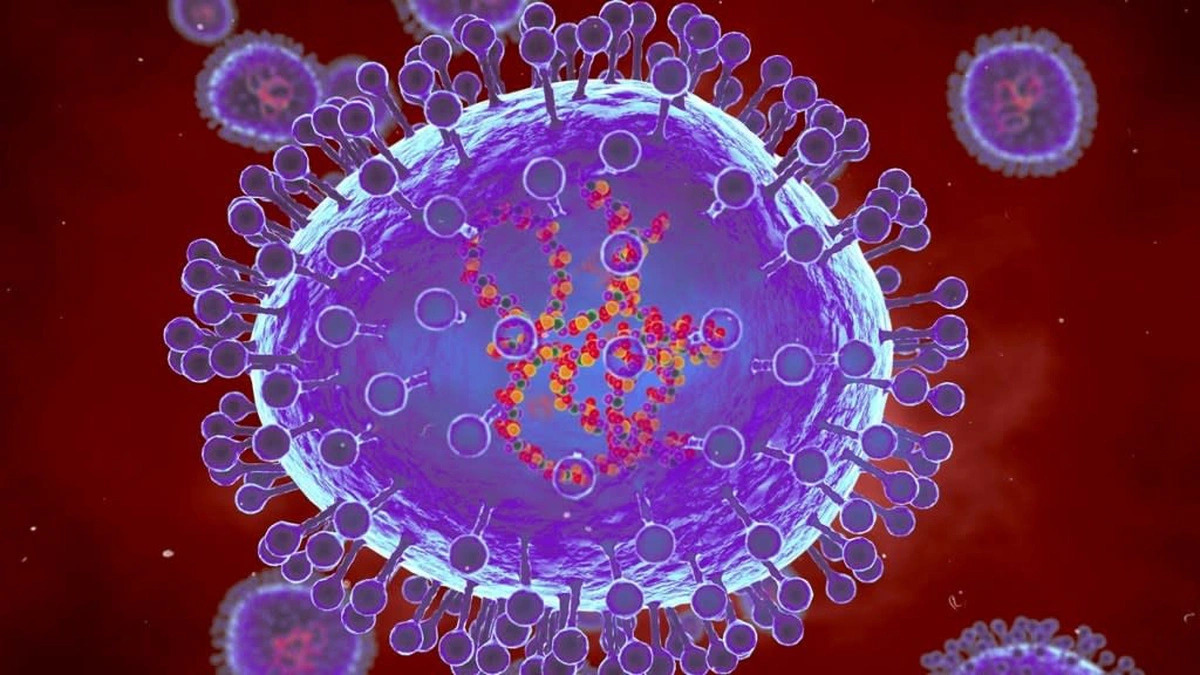The World Health Organization (WHO) said it has not observed any unusual patterns in a recent pneumonia outbreak caused by human metapneumovirus (HMPV) in China, noting the recorded rise in respiratory pathogen detections is still within the expected range for the winter season, Vietnamese health authorities reported.
Vietnam's Ministry of Health announced on Wednesday that it had received official information from WHO about the pneumonia outbreak due to HMPV in China.
In a disease outbreak news item released on Tuesday, WHO said trends in acute respiratory infections usually increase during this time of year in the Northern Hemisphere, including China.
“Such increases are typically caused by seasonal epidemics of respiratory pathogens such as seasonal influenza, respiratory syncytial virus (RSV), and other common respiratory viruses such as HMPV and mycoplasma pneumoniae,” WHO stated.
Following usual seasonal trends, influenza-like illness and acute respiratory infection rates have risen in recent weeks and are above baseline levels in some countries in the temperate Northern Hemisphere.
Seasonal influenza is also increasing in many countries in Europe, Central America and the Caribbean, West Africa, Central Africa, and many countries in Asia, consistent with typical trends for this time of year.
Based on December 29 data from China's Center for Disease Control and Prevention, WHO said there have been a rising number of common acute respiratory infections, including those caused by seasonal influenza viruses, RSV, and HMPV, especially in China’s northern provinces.
“The observed increase in respiratory pathogen detections is within the range expected for this time of year during winter in the Northern Hemisphere,” WHO confirmed, adding that influenza is the most commonly detected respiratory pathogen currently affecting people with acute respiratory infections in China.
The agency said that it is “in contact with Chinese health officials and has not received any reports of unusual outbreak patterns.”
Health authorities in China confirmed that the health system is not overwhelmed and that no emergency declarations or responses have been announced.
WHO said it will continue to monitor respiratory illnesses at global, regional, and country levels and provide updates as needed.
WHO recommended that people in countries with cold weather take basic preventive measures to prevent the spread and reduce risks of respiratory pathogens, especially to vulnerable groups.
Individuals with mild symptoms should stay home to rest and avoid infecting other people, while those at high risk or with complicated or severe symptoms should seek medical care as soon as possible.
People should wear a mask in crowded or poorly ventilated spaces, cover coughs and sneezes with a tissue or bent elbows, practice regular handwashing, and get vaccines recommended by local health authorities.
On Tuesday, the Ho Chi Minh City Department of Health affirmed that the HMPV spreading in China is not a new virus as it was first discovered in 2001 in the Netherlands.
HMPV is associated with RSV and is one of the agents that have caused upper and lower respiratory tract infections in young children, the elderly, and people with weakened immune systems.
The virus spreads from person to person through direct contact or indirectly through contaminated surfaces, with the risk increasing during winter and early spring.
Common symptoms include cough, runny or stuffy nose, sore throat, fever and pneumonia in severe cases.
As there is no vaccine or specific treatment for HMPV, it is important to take preventive measures as recommended by medical professionals.
Dr. Tran Dac Phu, former director of the Health Ministry’s Department of Preventive Medicine, advised that preventing diseases caused by HMPV requires the same measures used for other respiratory illnesses.
Individuals experiencing symptoms such as cough, fever, or runny nose should avoid crowded public places to help limit the spread of the virus.
Dr. Than Manh Hung, from the National Hospital for Tropical Diseases in Hanoi, warned that children, the elderly, or people with underlying conditions are among the most vulnerable groups.
People should visit medical facilities for timely examination and treatment when having the aforementioned symptoms, he added.
Like us on Facebook or follow us on Twitter to get the latest news about Vietnam!




















































